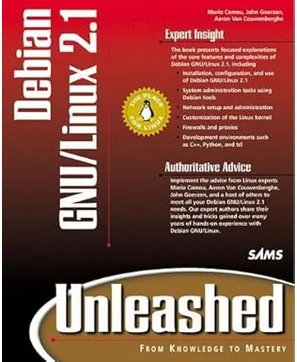The Empire of Isher
The Empire of Isher (by AE Van Vogt) combines both The Weapon Shops of Isher and The Weapon Makers into a single edition. The combined work is still under 300 pages, but the sparse writing style means that a lot of action can be packed into those pages. While this edition was published in 2000, the stories themselves are noticeably dated. They are also unique and very hard to describe.
The Weapon Shops of Isher introduces us to the basic concept: shops that appear mysteriously in various locations and sell weapons to anyone who wants one and isn’t a government official of some kind. These weapons are made of atomic unobtainium and operate by the advanced science of handwavology in a manner sufficiently indistinguishable to be called magic, and so I will. These magic guns are impossible to use offensively (because magic) and can protect the user from being shot by most modern energy weapons (because magic) but not bullets (because no one uses bullets anymore?).
The motto of the Weapon Shops is “The right to buy weapons is the right to be free.”
I picked up this book because it gets mentioned frequently in discussions whenever libertarian politics and the right to bear arms fall into the same general area as science fiction fans over 60. The Weapon Shops of Isher is rightly considered a classic for its ideas, but unlike, say, Tolkien, the quality does not hold up to modern standards. For one thing, there are hardly any characters at all; as an illustrative example one of the main characters from the first book is transported from our (1950s) earth to the distant future earth of Isher when he walks into a TARDIS, err, Weapons Shop that mysteriously appears in his town. He is promptly given an extended monologue on the nature and purpose of the Weapons Shops before being unceremoniously sent back in time in a manner that will result in the destruction of the planet should anyone ever interact with him in any manner ever again.
And the world is saved because no one ever does – perhaps at the expense of the story. That’s not a spoiler because none of it matters to the actual plot; he’s just a rhetorical device to be used to introduce the Weapon Shops and then discarded into distant space and time.
After that experience you’re never quite sure who might be your main character, and the story doesn’t make it any easier since there are two alternatives to choose from: a father who opposes the idea of the Weapons Shops and his rebellious son who is initially indifferent. Both end up having their share of interactions and forming their own conclusions about the idea.
That idea, for what it’s worth, is more than just a paen to the right to bear arms. Having handwaved away the problem of criminal use of firearms, the author argues for a society balanced between two forces: a government, which rules the people without any pretense at democracy, and the Weapons Shops, which not only sell weapons useful for self-defense but also maintain their own parallel court system by way of pervasive surveillance technology. If you have a problem with your government or its representatives, in which force or fraud was initiated against you, you can go to a Weapons Shop and buy a gun for your own defense – and apply to their court to have the matter set right.
Once.
After that, you’re on your own to defend what you have.
In a way, it’s an explicit attempt to portray a society balanced between government power, including the progressive ideal of a government run by experts who know what is best for you, and an alternative system of justice that enables those willing to protect themselves from force or fraud to do so without fear of the government, so long as they only act in self-defense. It succeeds in conveying that idea while dropping characters from the story, changing plotlines in midstream, presenting the readers with mysteries that are neither explained properly nor turn out to be especially important, and generally confuse the hell out of a modern reader who expects a story to be a coherent tale that makes sense.
It’s said that you read science fiction for the ideas as much as the characters or the story. In this case, the ideas have to be worth it, because the rest of it is pathetically bad.
You’ll notice that I said nothing in the above review about the other story in the omnibus edition. That’s because that story was worse, and did not have nearly so much in the way of redeeming ideas to make it interesting.
If you’re interested in these books because they are classics that keep coming up in online discussions, please bear in mind that you have probably already heard the important ideas in those discussions, and for your own sanity you may be better off pretending to have read the actual stories. For people who actually lived through this period of science fiction history, you’ll find the prose a more familiar and tolerable experience. Readers determined to proceed should steel themselves for a pair of books with all the subtle prose and complex characterization of the Lensmen series, yet lacking the intricate plot and carefully-thought-out logic of action and reaction.
It should be noted that this edition will, in fact, fulfill your daily recommended amount of Scientific Superman reading material. If, indeed, your doctor has recommended such.


